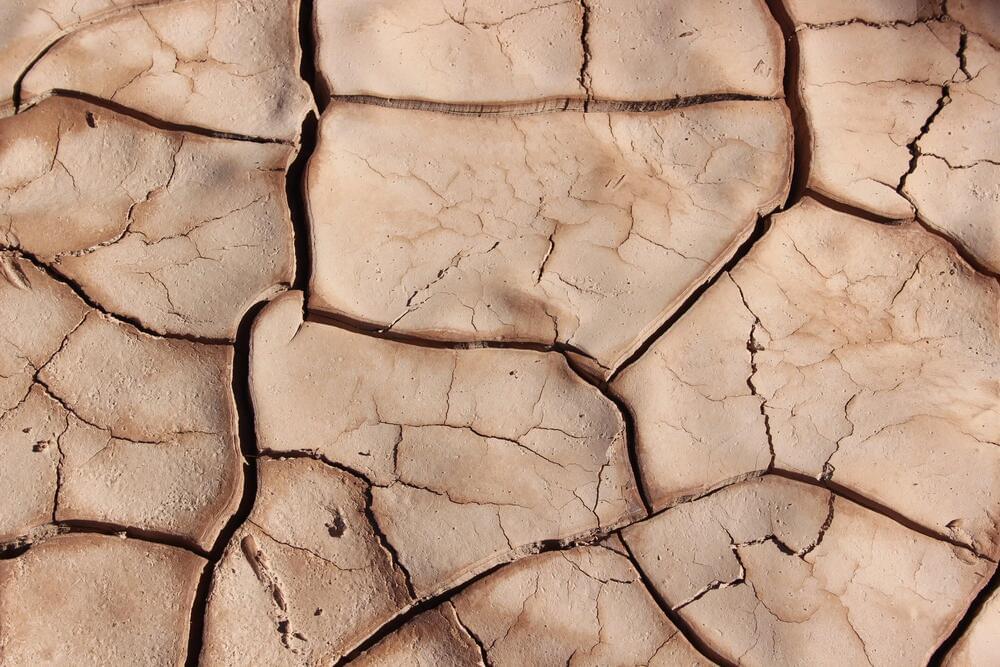The first signs of life emerged on Earth in the form of microbes about four billion years ago. While scientists are still determining exactly when and how these microbes appeared, it’s clear that the emergence of life is intricately intertwined with the chemical and physical characteristics of early Earth.
“It is reasonable to suspect that life could have started differently—or not at all—if the early chemical characteristics of our planet were different,” says Dustin Trail, an associate professor of earth and environmental sciences at the University of Rochester.
But what was Earth like billions of years ago, and what characteristics may have helped life to form? In a paper published in Science, Trail and Thomas McCollom, a research associate at the University of Colorado Boulder, reveal key information in the quest to find out. The research has important implications not only for discovering the origins of life but also in the search for life on other planets.
